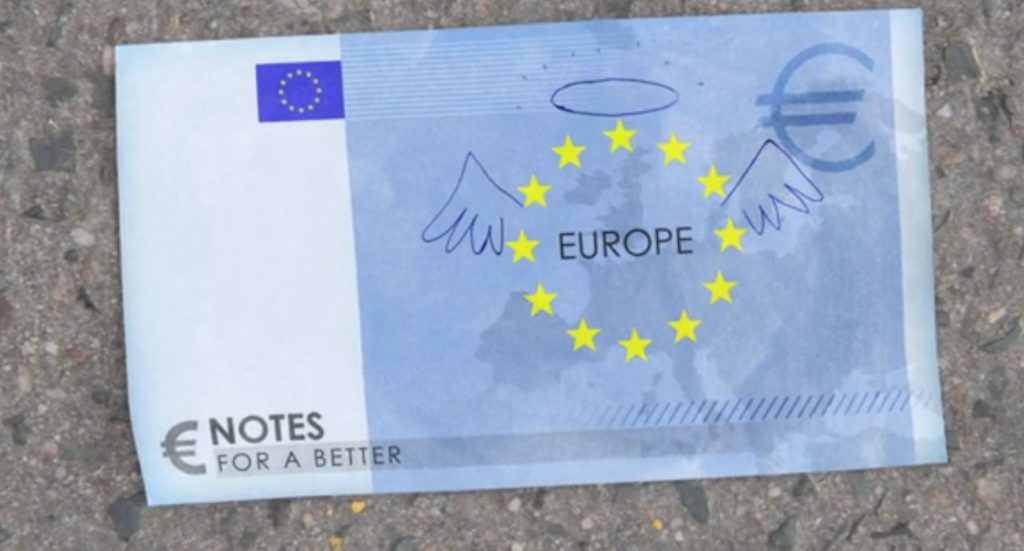As European leaders gather in Brussels today for the EU budget summit, quality spending must be the focus of discussions if the future European budget is to tackle Europe’s environmental and economic crises, according to environment groupsCEE Bankwatch Network, Friends of the Earth Europe and Transport & Environment.
European spending has often been misguided and damaging, through investments promoting fossil fuel use, carbon-intensive projects or the destruction of nature, according to the three organisations. In times of economic and environmental crisis, quality spending on public transport, sustainable food production, renewable energy and energy efficiency projects can trigger environmental protection and sustainable development.
Markus Trilling, EU Funds coordinator for CEE Bankwatch Network and Friends of the Earth Europe, said: “Discussions on how much to spend have predictably dominated the run-up to the Budget summit, but negotiators need to focus on the quality of spending. People living in Europe could be forgiven for not knowing the huge potential this future budget has to work for them, their quality of life, their shared environment and their economic prospects.”
The environment groups maintain that the European Commission’s proposal to allocate 20 percent of the total budget for measures to address climate change does not go far enough, and are instead calling for a 25 percent ‘climate mainstreaming’ figure to be agreed in order to tackle both Europe’s environmental and economic crises.
Markus Trilling continued: “The EU’s budget for 2014-2020 represents a historic opportunity to address the environmental crisis, protect biodiversity, and help stop the worst impacts of climate change. A 25 percent ‘green’ EU budget for 2014-2020 would unlock even more investment money for projects, like energy savings and renewables, which will cut our greenhouse gas emissions, create millions of new green jobs and reduce fuel poverty.”
Speaking on greening commitments for the Common Agricultural Policy, Stanka Becheva, agriculture campaigner for Friends of the Earth Europe said: “European rural areas have lost millions of farmers, and intensive agriculture practices have led to the loss of biodiversity and polluted soil and water. The present economic and planetary crises are putting small scale sustainable farmers out of business. Linking direct payments to obligations to protect the environment – strong mandatory greening – will ensure targeted spending that tackles these challenges.”
Transport & Environment maintain that support for regional airports in Poland and Spain with little air traffic do not justify the significant costs incurred. European money should be spent on more efficient projects – those that manage existing infrastructure more smartly, such as road user charges or the European Rail Traffic Management System.
Nina Renshaw, deputy director of Transport & Environment, said: “Our prime ministers and presidents have a real opportunity to prove that they have learnt from past mistakes and have smarter, more sustainable plans for our money. In the past, EU money has been wasted, with subsidies for highly polluting industries, new airports and highways being built in the wrong places, for the wrong reasons. These kind of projects cost far more in false hope than they gave back to local communities.”
“This time around the EU should direct the billions to where they can make the biggest difference, such as smart grids to bring clean renewable energy to homes and to electrify transport, and to projects which save energy and ultimately save money, instead of wasting it,” Nina Renshaw concluded.





